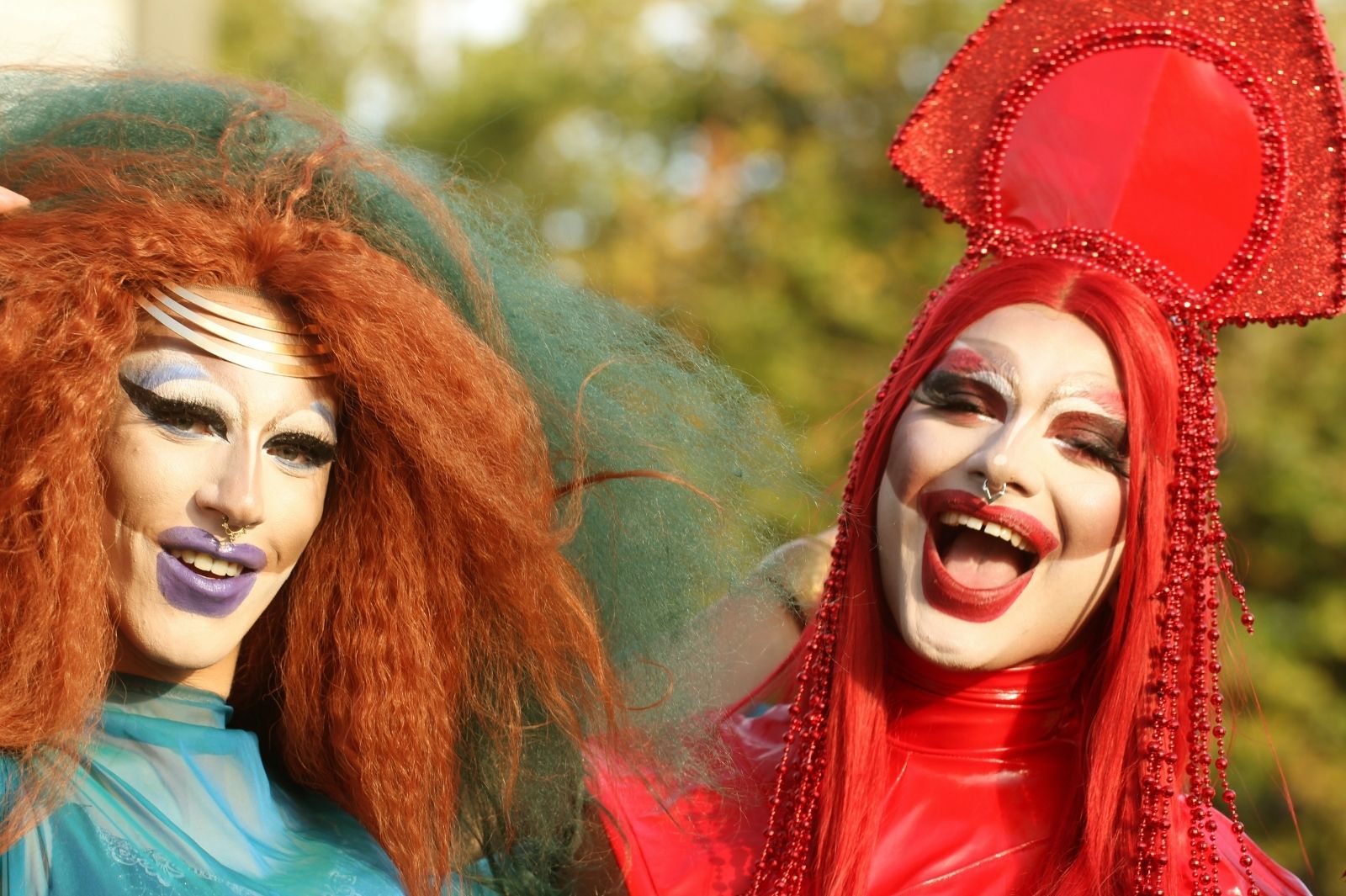RuPaul talent show is no Drag
Date 14.01.2021
14.01.2021
The huge, positive impact a TV talent show with a difference has had on the LGBTQ+ community could be undermined by the very reasons it is popular.
This is according to University of Northampton (UON) academics after their analysis of the programme RuPaul’s Drag Race, which kicks off its second UK series on the BBC iPlayer tonight (14 Jan).
The internationally successful show sees drag queens compete against each other in themed, performance-based tasks to win first place, as judged by a guest panel led by renowned drag artist RuPaul.
The shows are also interspersed with conversation pieces where the candidates discuss their life experiences both as a drag artist and not.
Luke Ward, Lecturer in Child and Adolescent Mental Health, is the lead author of an academic paper that looks at the impact of the programme, highlighting key findings from relevant research into gender, identity, political and social issues.
Writing in conjunction with UON colleague Dr Charlotte Dann, they observe the show has helped create a huge upswell of positivity for drag, a previously hidden community, by increasing its visibility to a mainstream, non-LGBTQ+ audience.
This is further helped by social media which afford the opportunity for the celebration of and public discussion about an artform and group of people wider audiences may not have been aware of.
However, the researchers argue that this success could be a double-edged sword for the wider drag community and drag as a form of identity and expression.
Luke said: “RuPaul’s Drag Race is, of course, a fabulous, colourful and fun programme to watch, but it is much more than a riotous talent show.
“The programme has helped a once underground community occupy a space it could never have dreamed of in the past. But in our paper, Charlotte and I argue that whilst this is a laudable outcome, there are unintended consequences.
“For instance, by showcasing more socially acceptable drag characters – those that most closely resemble the traditional view of femininity – at the expense of the many other variations of drag, the programme could marginalise the community in the wake of, ironically, its own success.
“Drag Race has provided a much-needed platform for drag and drag queens, but it is to be hoped that the rich variety there is in drag is not diluted by the show’s mainstream success and marketability; we must continue to question the assumptions made by the show and who this serves.”
The full research paper can be viewed online.
Find out more about the show on the BBC’s official webpage.